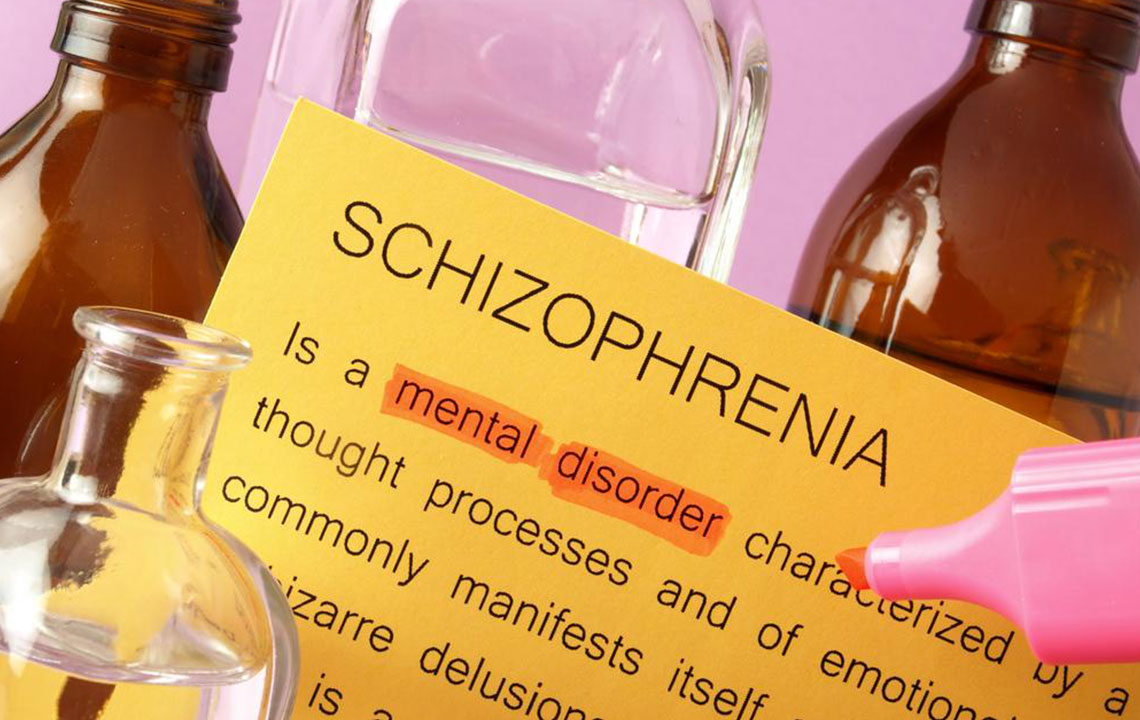Early Detection of Psychosis: Key Signs and Intervention Strategies
This comprehensive article explores how to recognize early signs of psychosis, emphasizing the importance of prompt intervention. It covers risk factors, initial symptoms, behavioral changes, and strategies for early diagnosis in both adults and children. Understanding these indicators can lead to timely treatment, greatly enhancing recovery prospects and overall mental health management.

Early Detection of Psychosis: Key Signs and Intervention Strategies
Psychosis is a complex mental health condition characterized by a significant disconnect from reality, often presenting with hallucinations, delusions, and disorganized thinking. The onset of psychosis can be sudden or gradual, and recognizing the early signs is crucial for effective treatment and improved prognosis. Early intervention plays a vital role in managing symptoms, preventing deterioration, and enhancing the quality of life for affected individuals. Understanding the warning signs, risk factors, and available treatments can empower families, caregivers, and health professionals to act promptly.
Psychosis does not have a single identifiable cause and can result from a variety of physiological, neurological, genetic, or environmental factors. Conditions like schizophrenia, bipolar disorder, severe depression, and neurological disorders are commonly associated with psychotic features. The early identification of signs allows for timely medical evaluation and tailored interventions, which can significantly influence the long-term outcome.
Understanding Psychosis and Its Impact
At its core, psychosis involves a break from reality that affects perception and thought processes. Individuals experiencing psychosis may see or hear things that aren’t there (hallucinations), or hold firm yet false beliefs (delusions) that resist logical reasoning. These symptoms can distort one’s view of the world, impair judgment, and lead to social withdrawal or disconnection from daily activities.
Understanding the nature of psychosis is essential for early recognition. The disorder can manifest in various diagnostics, including schizophrenia, schizoaffective disorder, or mood disorders such as bipolar disorder with psychotic features. While the severity and presentation can differ, the common denominator remains a profound disruption in perception and thought processes.
Who Is at Risk of Developing Psychosis?
Estimating the prevalence of psychosis in the general population is challenging, but studies suggest that approximately 15 to 100 per 100,000 individuals are diagnosed each year. The onset most commonly occurs during late adolescence to early adulthood, a critical period for developmental and psychological changes. Nevertheless, psychotic episodes can occur at any age, especially in individuals with underlying medical or neurological conditions, or genetic predisposition.
Research indicates that genetic factors, prenatal issues, and environmental influences such as stress or trauma can increase susceptibility. Substance abuse, particularly the use of psychoactive drugs like cannabis, stimulants, or hallucinogens, also elevates risk. Older adults may develop psychosis secondary to neurological diseases like Parkinson’s, Alzheimer’s, or other neurodegenerative conditions. Recognizing these risk factors enables healthcare providers to monitor high-risk groups more closely.
Identifying Early Warning Signs of Psychosis
Detecting psychosis in its early stages can be challenging, as initial symptoms often resemble typical behavioral or emotional issues. However, family members, teachers, and caregivers can observe subtle changes which, if recognized promptly, can lead to earlier diagnosis and intervention.
Early warning signs include:
Decline in academic or work performance, indicating difficulty concentrating or organizing tasks
Problems maintaining personal hygiene or grooming habits
Heightened suspicion or paranoia, feeling distrustful of others without reason
Withdrawal from social activities, friends, and family
Changes in personality, such as increased irritability or emotional flatness
Unusual or eccentric behaviors
Sensitivity to sensory stimuli like light, sound, or touch
Recognizing these signs early increases the likelihood of effective treatment, minimizing the impact on daily functioning and mental health.
Initial Behavioral and Cognitive Changes
Beyond observable behaviors, certain cognitive and emotional changes can hint at the emergence of psychosis:
Sudden or gradual emotional blunting, where individuals seem less responsive or overly reactive
Withdrawal from social interactions without apparent reason
Decline in self-care or neglect of personal responsibilities
Difficulty focusing, processing information, or forming coherent thoughts
These subtle signs often precede full-blown psychotic episodes. Medical evaluations, including neurological assessments and mental health screenings, are essential for identifying underlying causes and initiating timely treatment.
Persistent Symptoms of Psychosis
As psychosis advances, symptoms tend to become more persistent and distressing, including:
Hallucinations—auditory, visual, or tactile perceptions that aren’t real
Persistent delusions, such as paranoid beliefs or false assumptions about others' motives
Disorganized speech and thought patterns, making communication difficult
Continued social withdrawal or isolation
Emotional disturbances, including agitation, irritability, or flat affect
Sleep disturbances, ranging from insomnia to hypersomnia
Difficulty distinguishing reality from hallucinations or delusions
Chronic psychosis may also involve emotional instability, agitation, or decreased motivation, impacting daily life and relationships.
Psychosis in Children: Early Recognition
Detecting psychosis in children poses unique challenges due to developmental differences. Nonetheless, vigilance for certain behavioral and emotional indicators can facilitate early intervention:
Sensation of mental malfunction or confusion
Visual or auditory experiences, such as seeing or hearing things others do not
Rapid mood swings or emotional instability
Unusual thoughts or beliefs, often inconsistent with their developmental stage
Unexplained fears or fears that escalate without clear cause
Behavioral anomalies, such as withdrawal, strange movements, or agitation
Sensitivity to sensory stimuli like light or noise
Difficulty engaging in daily tasks or academic activities
Early detection in children requires careful observation by parents and educators. Addressing signs promptly through specialized assessment can lead to better outcomes, reducing long-term functional impairments.
In conclusion, psychosis is a serious mental health condition characterized by a profound disconnection from reality. Recognizing its early signs and symptoms is essential for timely intervention, which can significantly improve prognosis and quality of life. Awareness, education, and proactive healthcare strategies are key to managing psychosis effectively, offering hope for recovery and stability to those affected.





